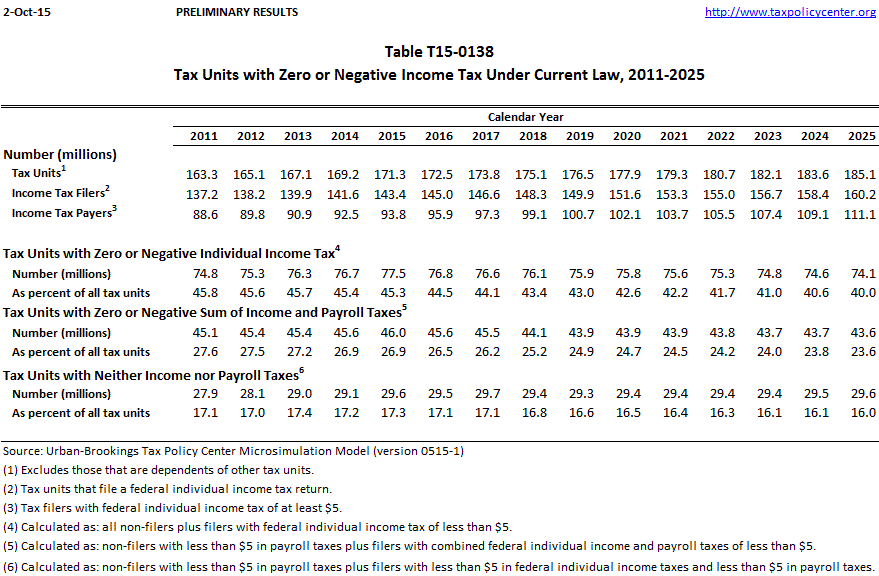320 Years of History
Gold Member
And that's what, if it could be done, I would want to bring back.
The only time someone should get divorced, is in a serious situation. Not because "he never picks up his socks", or "our pets didn't get along".
Both of these are real examples by the way. "irreconcilable differences"
Are you for real???
Yes?
You've clearly never been married if you think divorce shouldn't be freely available.
I got divorced. I wish I hadn't, but I didn't know then what I know now. We could have worked out our differences and stayed married, but at the time, I wasn't having that. So we got divorced. She remarried. I didn't.
I don't mind not having remarried; I mind having been impulsive enough to insist on getting divorced, but make no mistake, she wanted to get divorced too. We got divorced and had three kids; it's not as though we could just stop interacting closely and collaboratively. Raising our kids actually got harder not easier. After a lustrum or so, she and I managed to overcome our differences, but by then, she'd remarried. Could that have happened were we to have remained wed? I don't know....She is happy with her new spouse and I'm happy being single again, and yet were she to lose her husband and I to still be single, we'd probably remarry as soon as it is "optically" reasonable for her to do so.
Should divorce be freely available? Yes. "Freely" in the sense that it shouldn't be as though one can't get one. But there should be something -- I can't say what exactly -- that motivates one's thoughts away from doing so more strongly than it facilitates one thinking divorce is the solution to the partnership's problem(s). An unfortunate reality about very close interpersonal relationships is that the parties to them are literally incapable of seeing beyond the present, so to speak, as goes their relationship and one another's character. I truly think the ease -- the transaction itself as well as the emotional and social approbation that accompanies being divorced -- with which one can get one, especially an amicable divorce, is too great. It is for that reason I've long said, "The biggest threat to marriage is divorce."
I'm in no way an authority on the subject, but your divorce situation sounds unusual. In my divorce, we both wanted out, and the situation with the kids is now far better. We're better parents apart, and we're happier people apart. Well, at least I am.
Sure, we should have hurdles to getting divorced. It's not DESIRABLE that people dissolve their marriages left and right. But frankly, I think that means more hurdles to getting married (for everyone). That's a step people take too impulsively.
The biggest threat to marriage, in my opinion, is marriage.
I'm no authority either. Frankly, I try ardently to "stay out" of other folks' relationships. If some woman I meet tells me she's separated and gonna get divorced, I'm going to tell her, "Excuse me. I need to step away. It was nice chatting with you." (Same with guys, but occasion for men to tell me that is very, very rare.)
I think the child rearing was harder mostly on me, but mainly because two of the kids were at one school and the other at a different school. The challenges were more logistically driven than anything else, but those logistics can be really difficult when you make time to be with your kids and you work on a different continent than the one on which they live/go to school.
As goes being actual parents who taught our kids what they needed to know to be responsible and socially well adjusted kids, that wasn't harder or easier before or after the divorce. In fact, our kids didn't even know there was something wrong with our marriage and we never disagreed (not in any material ways) about how to raise our kids.
I agree that folks often get married too impulsively.

